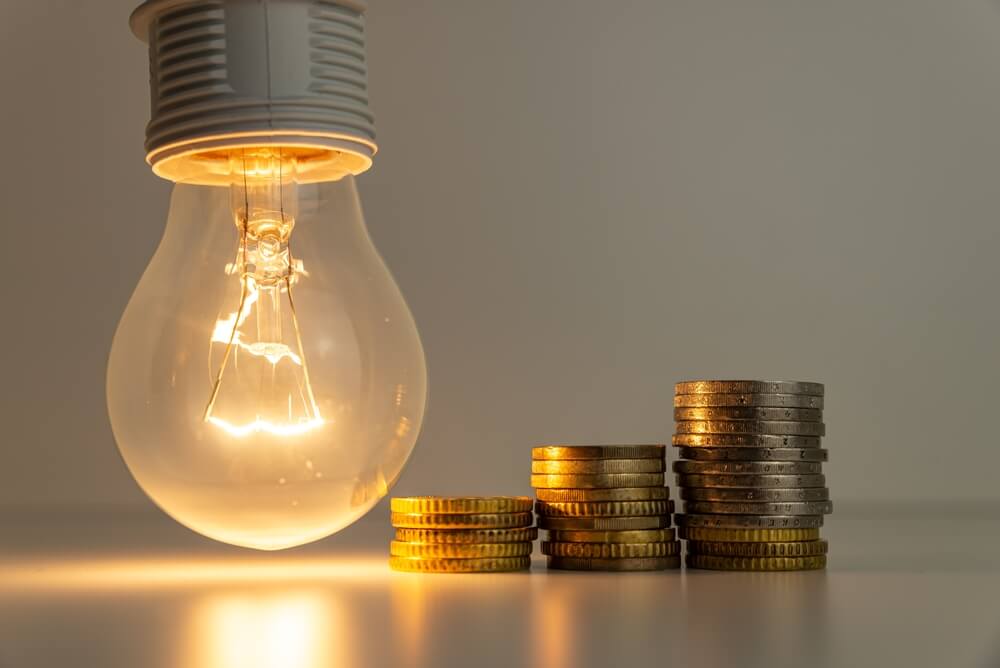With everyone feeling the pinch with the increased cost of living and inflation predicted to peak at 11% later in the year, it can be tempting to join the Don’t Pay UK movement in protest of the soaring gas and electricity bills.
Don’t Pay UK are a consumer movement against the rise in energy bills and is encouraging households to cancel their direct debits from the 01st October 2022 if the government does not take action to reduce energy bills to an ‘affordable’ level.
However, what many people do not realise is the detrimental impact not paying your bills will have on your credit file and your ability to obtain credit in the future.
How does not paying my energy bills affect me?
Your credit file is in essence a record of your ability to borrow and repay money and finances regardless of whether it is on a credit card, loan, or mortgage. This information affects your overall credit score and credit profile and is used by companies who you approach to transact money with.
Many people are unaware that your credit file also includes data on your ability to pay your mobile phone contracts, water bills and gas and electricity bills. So, by not paying these bills in time, you are damaging your credit score. The energy company can also try and force you into having a pay-as-you-go meter fitted in order to repay the bills you have refused to pay.
And remember, your credit history covers the last 6 years so making a stand as part of the Don’t Pay UK movement will stay with you for years to come.
One missed payment won’t hurt me though, will it?
The harsh reality is that one missed payment can affect your ability to borrow money in the future, especially if you are looking to take out a mortgage.
Not only can missed payments or payments in arrears lead to you being issued with default or a County Court Judgement (CCJ), but any blip on your credit file can seriously affect your ability to obtain a mortgage.
Mortgage lenders want to be confident that you will repay the money they lend to you, and that you will repay it on time so will be looking closely at your credit history as part of any mortgage application.
Unfortunately, if they see any blips (however big or small) they may not lend to you. And despite thinking otherwise, it is important to note that late or missed payments are classed as adverse credit.
Any type of adverse credit will impact the number of mortgage lenders willing to offer you a mortgage, meaning that not paying any of your debts or bills can have a serious downside when trying to buy a house or remortgage. Mortgage lenders simply do not care if you are ‘making a stand.’ They simply see it as a refusal to pay your bills.
So I can’t get a mortgage if I have adverse credit?
Not necessarily but it will make it more difficult and the number of mortgage lenders happy to lend to you will be considerably reduced.
Often the mortgage lenders who may be happy to lend to you for your property purchase or remortgage will have less competitive deals available to you, meaning you are likely to be significantly worse off in the long run which completely defeats the object of the Don’t Pay UK campaign. Those lenders who will lend to you will charge you higher interest rates.
These lenders may also require a larger deposit or larger proportion of equity in the property, meaning that the deposit you have been working so hard to save is no longer enough to get onto the property ladder or move house, so you need to keep saving for longer.
We urge you to seriously consider if refusing to pay your energy bill (or any bill) is worth the detrimental impact it will have on you for years to come. Get in touch with us today!

